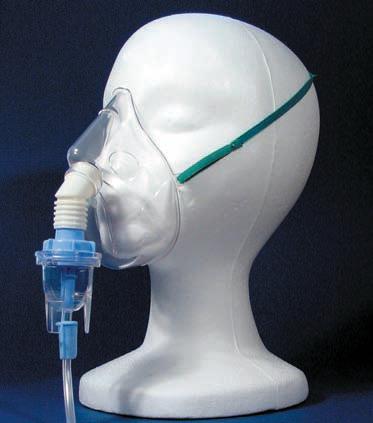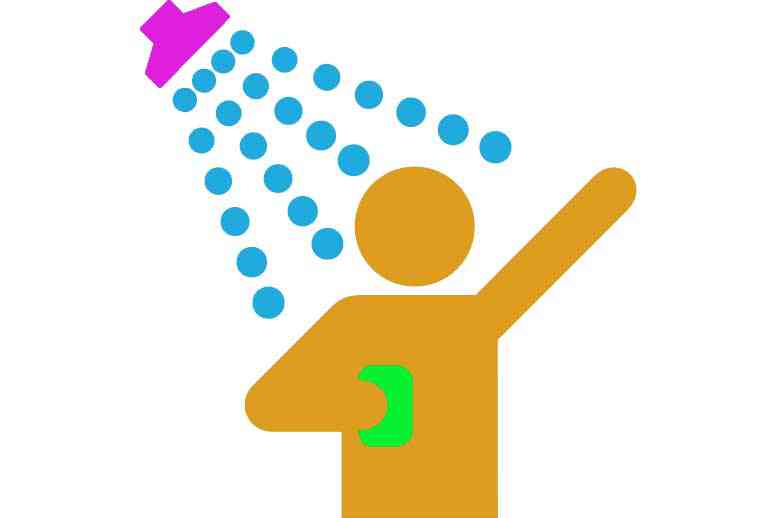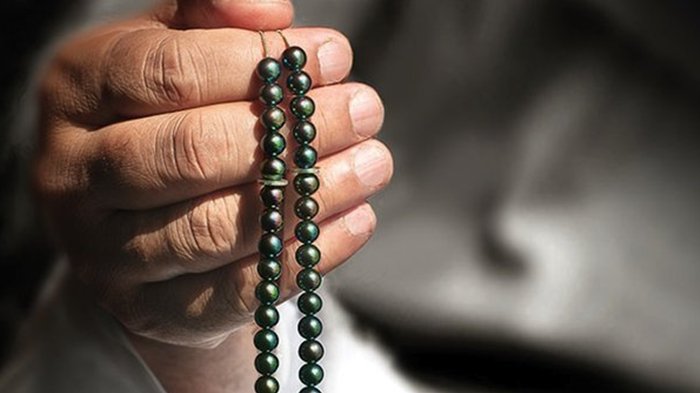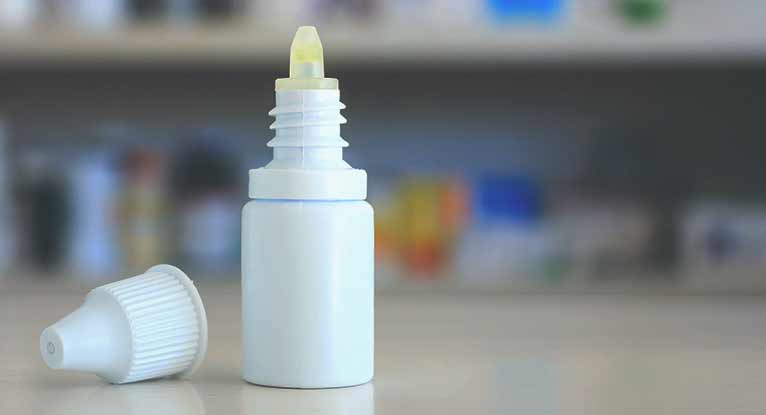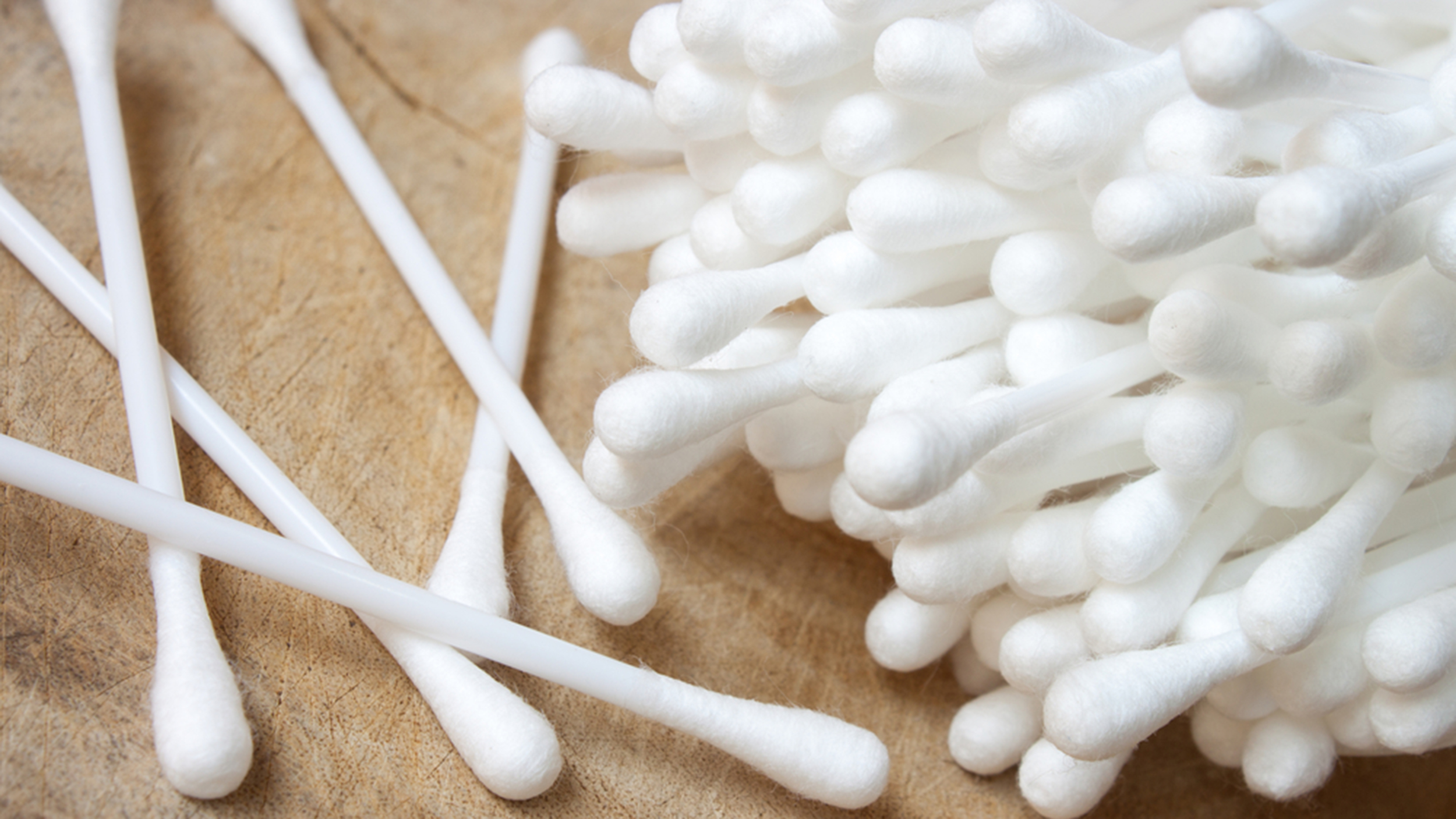QUESTION:
What do the scholars of the Din and muftis of the Sacred Law state regarding the following issue, that does the fast become invalid by putting in eye drops or not because we read your fatwā that eye drops invalidate the fast. However, Mawlānā Abul Hasan wrote a reply to your fatwā on this matter as well as the fatwā regarding contact lenses. We also read that which is why we are confused as to which is correct. Their proof is that the scholars from before also knew that there is a passage between the eyes and the throat, as they mentioned that, ‘If any medicine is used in the eyes, it won’t invalidate the fast, even if the taste is felt in the throat.’ One comes to know that even the previous scholars knew that medicine does reach the throat but even then, they did not say that the fast becomes invalid. So why did Qāsim Zia say such? The second matter is that eye drops are in the ruling of smoke and dust, just as they do not invalidate the fast, and eye drops are actually regarded as being moist, just how the Scholars of Fiqh have stated, that the fast does not become invalid from moistness, likewise the fast will not become invalid from using eyedrops. If the fast was to become invalid from using eyedrops, then the fast should become invalid from the water which enters from washing the face in wudhū as that also enters the eyes. Mawlānā Kaleem from Preston has mentioned that there is a consensus of the scholars of India on this matter that placing any form of medicine in the eye does not invalidate the fast. So Shaykh, what is the reply to these questions?
Questioner: Mawlānā Hāroon and Arsalān from Stetchford, Birmingham and Kabeer from England
ANSWER:
بسم اللہ الرحمن الرحیم
الجواب بعون الملک الوھاب اللھم ھدایۃ الحق والصواب
First and foremost, I would like to thank my dear friends who blessed this servant with the opportunity to research further into this matter. Following on, firstly it is very important to understand an accepted principle of Hanafi Fiqh, which is that anything which enters the throat or stomach through the pores does not invalidate the fast. Rather, when something reaches the throat or stomach through any routes or passages, only then does it invalidate the fast. The previous scholars and scholars of Fiqh acknowledged that there is some form of a link between the eyes and throat, it is for this very reason they stated that if one could taste the medicine which was placed in the eye, then the fast will not become invalid. Just as my respected brother Mawlānā Abul Hasan and Mawlānā Kaleem have mentioned. However, those previous scholars understood the link between the eyes and the throat to be pores rather than a route, however in today’s day and age it has been proven from new research and the science of anatomy that there is in fact a route between the eyes and the throat, and its width is 1mm to 1.5mm, which is why we say that the fast will become invalid by placing any form of medicine in the eye. Though it will not become invalid by using surma [kohl] because using surma whilst fasting is proven from texts [i.e. Hadīth] and this exception is due to having been mentioned in such texts.
REPLY TO THE 1ST OBJECTION:
The previous scholars acknowledged there to be pores between the eyes and the throat however they rejected the presence of any type of route, which is why they stated that the fast will not become invalid by placing any surma or medicine in the eyes, because the effect of such surma or medicine reaches the throat through pores, not routes or passages, and anything which reaches the throat through pores does not invalidate the fast.
Just like it is mentioned in Mabsoot Sarkhasī,
وَ إنْ وَصَلَ عَيْنُ الْكُحْلِ إلٰى بَاطِنِهِ فَذٰلِكَ مِنْ قَبْلِ الْمَسَامِّ لَا مِنْ قَبْلِ الْمَسَالِكِ إِذْ لَيْسَ مِنَ الْعَيْنِ إلٰى الْحَلْقِ مَسْلَكٌ
“The fast will not become invalid by placing surma [kohl] in the eyes, even though the essence of surma does reach inside; this is because it has entered through pores and not through any passage as there is no passage between the eyes and the throat.”
[Mabsoot Sarkhasī, Kitāb al-Sawm, Vol. 3, Pg. 67]
And it is stated in the highly regarded book of Hanafī Fiqh, Hidāyah,
(وَ لَوْ اكْتَحَلَ لَمْ يُفْطِرْ) لِأنَّهُ لَيْسَ بَيْنَ الْعَيْنِ وَالدِّمَاغِ مَنْفَذٌ وَالدِّمْعُ يَتَرَشَّحُ كَالْعَرَقِ وَالدَّاخِلُ مِنَ الْمَسَامِّ لَا يُنَافِي كَمَا لَوْ اغْتَسَلَ بِالْمَاءِ الْبَارِدِ
[Hidāyah, Vol. 1, Pg. 120]
And likewise, it is stated in Tabyeen al-Haqāiq,
وَ لَا فَرْقَ بَيْنَ أنْ يَجِدَ طَعْمَ الْكُحْلِ فِيْ حَلْقِهِ أوْ لَمْ يَجِدْ وَ كَذَا لَوْ بَزَقَ وَوَجَدَ لَوْنَهُ فِيْ الْأصَحِّ وَ قَالَ مَالِكٌ وَ أحْمَدُ يَفْسُدُ صَوْمه إذَا وَصَلَ إلٰى حَلْقِهِ لِمَ رُوِيَ ‘أنَّهُ عَلَيْهِ الصَّلَاةُ وَالسَّلَامُ أمَرَ بِالْإثْمِدِ الْمُرَوِّحِ عِنْدَ النَّوْمِ وَ قَالَ لِيَتَّقِهِ الصَّائِمُ’ وَ لَنَا مَا رَوَيْنَا وَ لِأنَّهُ لَيْسَ بَيْنَ الْعَيْنِ وَالدِّمَاغِ مَسْلَكٌ
[Tabyeen al-Haqāiq, Vol. 1, Pg. 323]
Similarly, it is stated in al-Bināyah Sharh Hidāyah,
و ليس بين العين والجوف منفذ فلا يصل من الكحل من العين إلى الجوف، و إنما وصل إليه أثر الكحل وهو الطعم، فقد وصل إليه من المسام فلا يعتد به كما لو اغتسل بالماء البارد فوجد برودته في الباطن
[al-Bināyah, Vol. 4, Pg. 41]
Likewise, it is stated al-Bahr al-Rāiq,
وَالدَّاخِلُ مِنَ الْمَسَامِّ لَا مِنَ الْمَسَالِكِ فَلَا يُنَافِيْهِ كَمَا لَوْ اغْتَسَلَ بِالْمَاءِ الْبَارِدِ
[al-Bahr al-Rāiq, Vol. 2, Pg. 293]
And similarly, it is stated in Marāq al-Falāh,
لا يكره لاكتحال بحال وهو شامل للمطيب وغيره و لم يخصوه بنوع منه وكذا دهن الشارب ولو وضع في عينيه لبنا أو دواء مع الدهن فوجد طعمه في حلقه لا يفسد صومه إذ لا عبرة مما يكون من المسام
[Marāq al-Falāh, Pg. 245]
In the same manner, it is stated in Majma’ Al-Anhar,
(أوْ اكْتَحَلَ) وَ إنْ وَجَدَ طَعْمَهُ فِيْ حَلْقِهِ؟ لِأنَّ الدَّاخِلَ مِنَ الْمَسَامِّ الْغَيْرِ النَّافِذَةِ لَا يُنَافِي كَمَا لَوْ اغْتَسَلَ بِالْمَاءِ الْبَارِدِ
[Majma’ al-Anhar, Vol. 1, Pg. 244]
In a similar manner, Imām Tahtāwī states in Hāshiyah Tahtāwī,
اكتحل الخ’ لما روي عن عائشة رضي الله تعالى عنها أنه صلّى الله عليه وسلّم اكتحل وهو صائم و ليس بين العين والدماغ مسلك والدمع يخرج بالرشح كالعرق والداخل من المسام لا ينافيه
[Hāshiyah Tahtāwī, Vol. 1, Pg. 659]
‘Allāmah Shāmī states in Radd al-Muhtār,
(وَ إنْ وَجَدَ طَعْمَهُ فِيْ حَلْقِهِ) أيْ طَعْمَ الْكُحْلِ أوْ الدُّهْنِ كَمَا فِيْ السِّرَاجِ وَكَذَا لَوْ بَزَقَ فَوَجَدَ لَوْنَهُ فِي الْأصَحِّ بَحْرٌ قَالَ فِي النَّهْرِ؟ لِأنَّ الْمَوْجُوْدَ فِي حَلْقِهِ أثَرٌ دَاخِلٌ مِنَ الْمَسَامِّ الَّذِيْ هُوَ خَلَلُ الْبَدَنِ وَالْمُفْطِرُ إنَّمَا هُوَ الدَّاخِلُ مِنَ الْمَنَافِذِ لِلْاِتِّفَاقِ عَلٰى أنَّ مَنْ اغْتَسَلَ فِي مَاءٍ فَوَجَدَ بَرْدَهُ فِي بَاطِنِهِ أنَّهُ لَا يُفْطِرُ
[Durr Mukhtār ma’ Radd al-Muhtār, Vol. 2, Pg. 404]
It is proven from these statements that the previous scholars acknowledged there to be pores between the eyes and the throat, not a route and it is also proven that they are all of the opinion that if any medicine or food reaches the throat through a route, then the fast will become invalid. So it is as though all the scholars of Fiqh confirm our opinion. In fact, ‘Allāmah Ibn ‘Ābideen Shāmī has wrote to the extent that,
‘وَالْمُفْطِرُ إنَّمَا هُوَ الدَّاخِلُ مِنَ الْمَنَافِذِ’
“The fast does in fact become invalid when something reaches the throat through [one of] the routes.”
RESPONSE: And this is also what we actually requested initially from the onset, that it has been established through modern day research and the science of anatomy that there is in fact a route between eyes and the throat. It is as such, that there is a small hole in the edge of the eye which opens into a tubular organ known as the nasolacrimal duct. Therefore, any medicine which is placed in the eye enters the aforementioned hole and reaches the nasolacrimal duct. Then it reaches the nose and then through this it enters a tubular organ of the throat; the pharynx. We will now prove using modern day research that there is indeed a route between the eyes and the throat.
English researcher Matt Soniak mentions regarding the hole in between the eye and the throat, saying that, ‘Not far from the inside edge (on the side closest to your nose), you’ll notice a tiny hole. This is the lacrimal punctum. When you produce tears or have another liquid in your eyes, some of it drains into these holes and then into the lacrimal sac, the nasolacrimal duct, and eventually into the back of your nose and throat, where you might get a taste.’
(http://mentalfloss.com/article/12311/why-can-you-taste-your-eye-drops)
Anatomy specialist, Dr Mary Harding, proving eyedrops reach the throat, says that, ‘You may get a taste of eye drops in your mouth, or a feeling that the drops are running down your throat. This is normal as the tear duct which drains tears to your nose will also drain some of the eye drop into the throat.’

Eye surgeon, Lee Sobing proving that there is route between the eye and throat, says that, ‘Tears are produced by the lacrimal gland and it flows on the surface of the eye to the lacrimal punctum (opening on the eyelid margin on the inner aspect of the eye). The tears then drain to the lacrimal sac and through the nasolacrimal duct into the nose. We then swallow the tears. Medicated eye drops will also go through this route into our throat, we therefore can taste the medication.’

According to the research of the American Academy of Opthalmology, in the edge of the eye, there are two holes above and below, which reach the throat, just as it is mentioned by them, saying that, ‘Tear ducts are like tiny tunnels that your tears pass through. They’re part of the drainage system that goes from your eyes to your throat. Glands inside your eyelids and the white part of your eyes constantly release tears into your eyes. As you blink, they drain out. They exit through two small holes called puncta in the upper and lower inside corners of your eyes, next to your nose.’
https://www.webmd.com/eye-health/what-are-blocked-tear-duct
Just as it can be seen from the image below.

Modern day research of anatomy and science also tells us the width of the tubular organ [duct] which reaches the throat from the eye, just as it is stated in one research that, ‘Tears pool toward the medial canthus at the lacus lacrimalis and then enter the lacrimal puncta that lie near the nasal end of each eyelid. The lower punctum lies slightly lateral to the upper. The puncta vary from 1 to 1.5 mm in diameter.’
Other than this, the research of several doctors and eye specialists is available, which is not being mentioned here due to the sheer length.
REPLY TO THE 2ND OBJECTION:
As for doing qiyās [comparing the two], applying eyedrops to smoke and dust; this is a clear mistake and an honest slip up from the likes of your respected selves, that the matter of eyedrops is not like these because eyedrops do not enter on their own accord, meaning by themselves, rather it is possible to avoid them. Whereas the fast does not become invalid from smoke and dust due to the fact that it is not possible to avoid them. If one is also going to apply the ruling of the fast becoming invalid from such things, then no one’s fast will happen, just as the scholars of Fiqh have mentioned,
(دُخَانٌ) قَالَ الزَّيْلَعِيٌّ إذَا دَخَلَ حَلْقَهُ غُبَارٌ أوْ ذُبَابٌ وَهُوَ ذَاكِرٌ لِصَوْمِهِ لَا يُفْطِرُ؟ لِأنَّهُ لَا يُسْتَطَاعُ الْاِمْتِنَاعُ عَنْهُ فَأشْبَهَ الدُّخَانَ، وَهٰذَا اسْتِحْسَانٌ وَالْقِيَاسُ أنْ يُفْطِرَ لِوُصُوْلِ الْمُفْطِرِ إلٰى جَوْفِهِ
“If some dust or a fly goes inside whilst remembering that one was fasting, then the fast will not become invalid because it is not possible to avoid this, and this is similar to the ruling of smoke. And this is istihsān [favoured], whereas qiyās states that it should become invalid because something which can break the fast is actually reaching the stomach.”
[Durar al-Hukkām, Vol. 1, Pg. 202]
One comes to know that in reality, dust and smoke are amongst those things which invalidate the fast, however it is not possible to avoid them which is why we will not apply the ruling of the fast becoming invalid. Even a beginner level student of usool al-fiqh can understand the reasoning behind the istihsān and qiyās which the scholars have mentioned here. If I was to explain this, it would result in coming in the form of a book, however I do not wish such great lengths. و بالله التوفيق
Yes, whenever it is possible to avoid smoke and dust, and someone intentionally has inhaled smoke purposely, then the fast will become invalid. Just as it is mentioned in Durar al-Hukkām,
قُلْتُ فَعَلٰى هٰذَا إذَا أدْخَلَ الدُّخَانَ حَلْقَهُ فَسَدَ صَوْمُهُ أيَّ دُخَانٍ كَانَ حَتّٰى إنَّ مَنْ تَبَخَّرَ بِبَخُوْرٍ فَآوَاهُ إلٰى نَفْسِهِ واشْتَمَّ دُخَانَهُ فَأدْخَلَهُ حَلْقَهُ ذَاكِرًا لِصَوْمِهِ أفْطَرَ
[Durar al-Hukkām, Vol. 1, Pg. 202]
So please do inform me as to whether eyedrops enter the eyes on their own accord, by themselves, like smoke, which would not be possible to avoid.
And likewise, the author of Fath al-Qadeer mentions the reason for the fast not becoming invalid from smoke and dust, stating that,
اَلدُّخَانُ وَالْغُبَارُ إذَا دَخَلَ الْحَلْقَ لَا يُفْسِدُ فَإنَّهُ لَا يُسْتَطَاعُ الْاِحْتِرَازُ عَنْ دُخُوْلِهِمَا مِنْ الْأنْفِ إذَا طُبِّقَ الْفَمُ
[Fath al-Qadeer, Vol. 1, Pg. 303]
If one was to actually look at Marāq, then one would find clarification to this matter. It is mentioned in Marāq,
دخل حلقه دخان بلا صنعه’ لعدم قدرته على الامتناع عنه فصار كبلل بقي في فمه بعد المضمضة لدخوله من الأنف إذا أطبق الفم. و فيما ذكرنا إشارة إلى أنه من أدخل بصنعه دخانا حلقه بأي صورة كان الإدخال فسد صومه
[Marāq al-Falāh Sharh Nūr al-Īdāh, Pg. 245]
The reason for the fast not becoming invalid is that it is not possible to avoid smoke, etc. Imām Tahtāwī also made this the reason, mentioning that,
و يدل عليه التعليل بعدم إمكان الاحتراز
[Hāshiyah al-Tahtāwī, Vol. 1, Pg. 660]
Whereas, it is possible to avoid eyedrops therefore the fast will become invalid from such.
And similarly as so, it is stated in Durr Mukhtār,
(اَلدُّخَانٌ) وَ لَوْ ذَاكِرًا اسْتِحْسَانًا لِعَدَمِ إمْكَانِ التَّحَرُّزِ عَنْهُ ، فَأشْبَهَ الْغُبَارَ وَالدُّخَانَ لِدُخُوْلِهِمَا مِنَ الأنْفِ إذَا أطْبَقَ الْفَمَ.
[Durr Mukhtār ma’ Radd al-Muhtār, Vol. 2, Pg. 395]
And this servant can mention 20 similar statements from books other than these which this servant continues to read and study whilst writing fatāwā, but they have been left out in order to avoid sheer length.
REPLY TO THE 3RD OBJECTION:
Doing qiyās of eyedrops on moistness also has no uniformity and is based upon error; I will also regard this as a slip up as well. This is because the reason for the fast not becoming invalid from moistness is due to it not being possible to avoid, meaning, it is also not possible to avoid this as well, not that because it consists of a small amount, and swallowing a small amount does not invalidate the fast, and eyedrops consist of a small amount. نعوذ بالله
In fact, the reason why the fast does not become invalid from moistness entering is actually because it is also not possible to avoid this as well, and if one was to place the condition of avoiding this, then this would create a problem, and problems with regards to sharī’ah are removed.
It is stated in Durr Mukhtār ma’ Radd al-Muhtār with regards to moistness that,
(بَقِيَ بَلَلٌ فِي فِيْهِ بَعْدَ الْمَضْمَضَةِ) جَعَلَهُ فِي الْفَتْحِ وَالْبَدَائِعِ شَبِيْهَ دُخُوْلِ الدُّخَانِ وَالْغُبَارِ وَمُقْتَضَاهُ أنَّ الْعِلَّةَ عَلٰى عَدَمِ إمْكَانِ التَّحَرُّزِ عَنْهُ
“And the moistness which remains after rinsing the mouth has been regarded as similar to the ruling of smoke and dust in Fath and Badāi’, the reason for this is because it is also not possible to avoid this as well (which is why the fast will not become invalid from this)”
[Durr Mukhtār ma’ Radd al-Muhtār, Vol. 2, Pg. 396]
There are numerous books other than this which have similar statements to this which support my stance, however mentioning them will cause a lengthy discussion and in fatwā being concise is what is intended.
REPLY TO THE 4TH OBJECTION:
If the water of wudhū used on the face enters the eyes on its own accord by itself unintentionally, then the fast will not break; here it is close to impossible to avoid this, therefore the fast will not become invalid from this.
And it is stated in Hāshiyah Tahtāwī,
و يدل عليه التعليل بعدم إمكان الاحتراز
[Hāshiyah Tahtāwī, Vol. 1, Pg. 660]
REPLY TO THE 5TH OBJECTION:
It was said that there is a consensus of the scholars of India. First of all, it is not the opinion of all the scholars of India that the fast does not become invalid by placing medicine in the eye. In fact, there are many scholars and muftis who are of the same opinion of this servant, that the fast does become invalid by placing eyedrops, or any medicine for that matter in the eye. This is the actual opinion of over 300 respected muftis and scholars. If we count the respected muftis and scholars of only Dawate Islami, then this is the actual opinion of over 100 amongst those who are capable of giving fatwā, which is of this servant as well. And the scholars from India who are of the opinion that the fast does not become invalid, so that is their own opinion. However, we have established and proven the difference with proofs. و بالله التوفيق
واللہ تعالی اعلم ورسولہ اعلم صلی اللہ علیہ وآلہ وسلم
کتبہ ابو الحسن محمد قاسم ضیاء قادری
Answered by Mufti Qasim Zia al-Qadri
Translated by Haider Ali
Read the original answer in Urdu here – Q-ID0495] Do eye drops invalidate the Fast I read that they don’t. Please clarify your position.
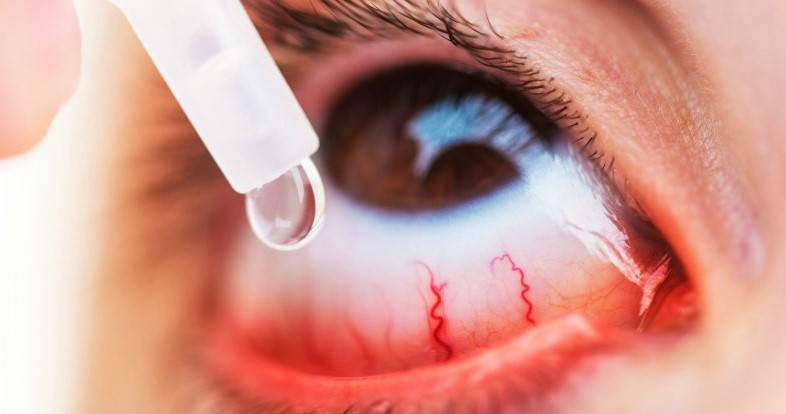

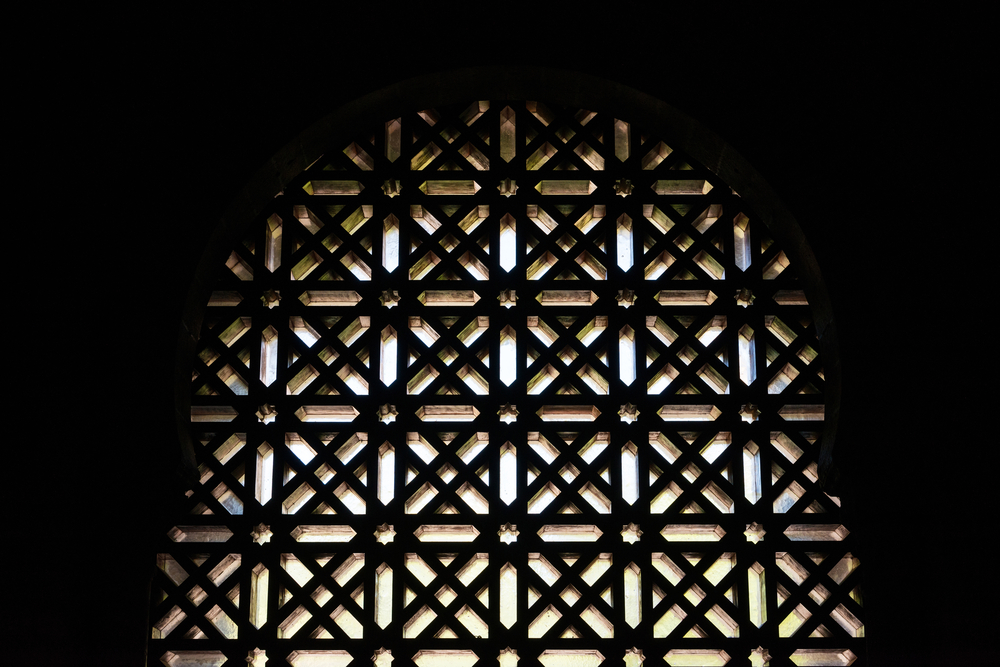






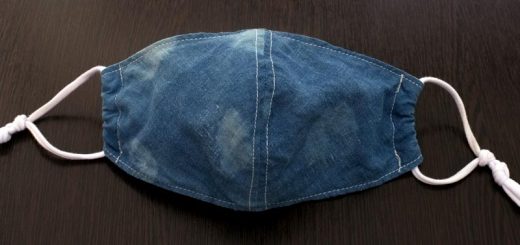









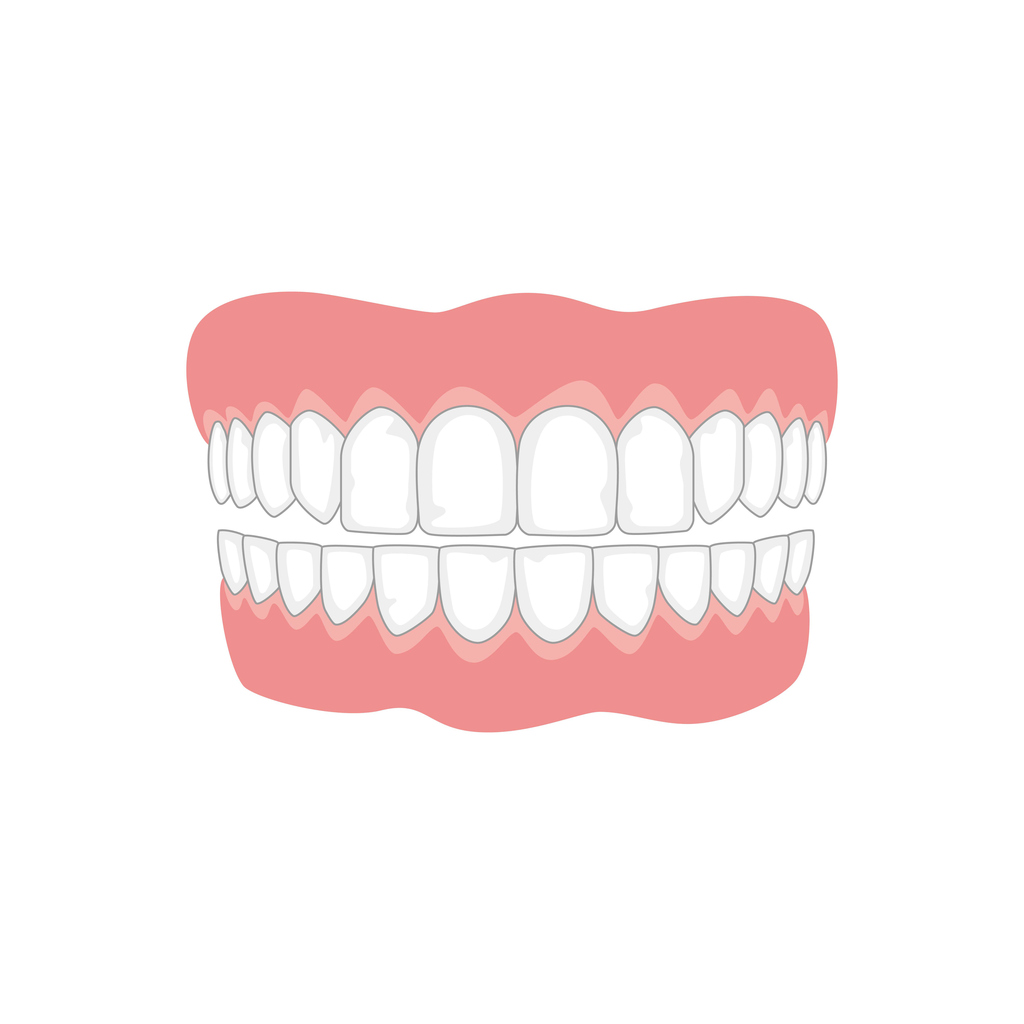
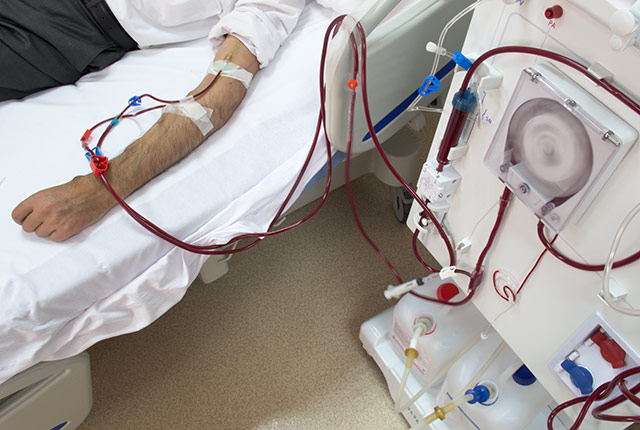
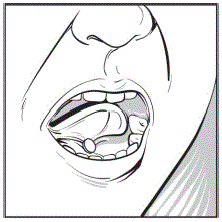


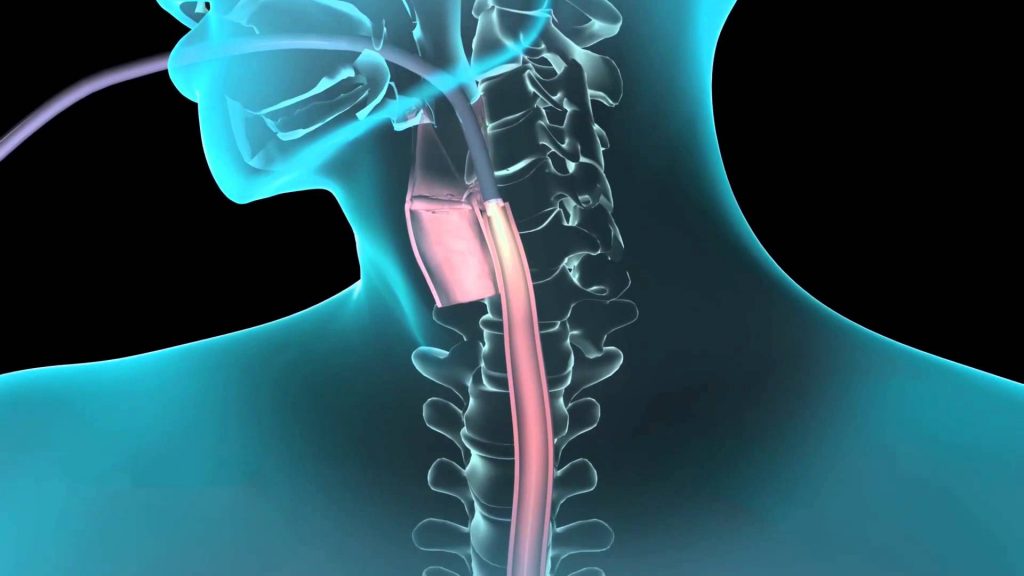
![[Q-ID0698] How is it to have a scan/test via X-ray, ultrasound, MRI, CT, ECG, etc while Fasting?](http://www.seekerspath.co.uk/wp-content/themes/hueman-pro/assets/front/img/thumb-medium-empty.png.pagespeed.ce.q0RS_Oe2Ar.png)

